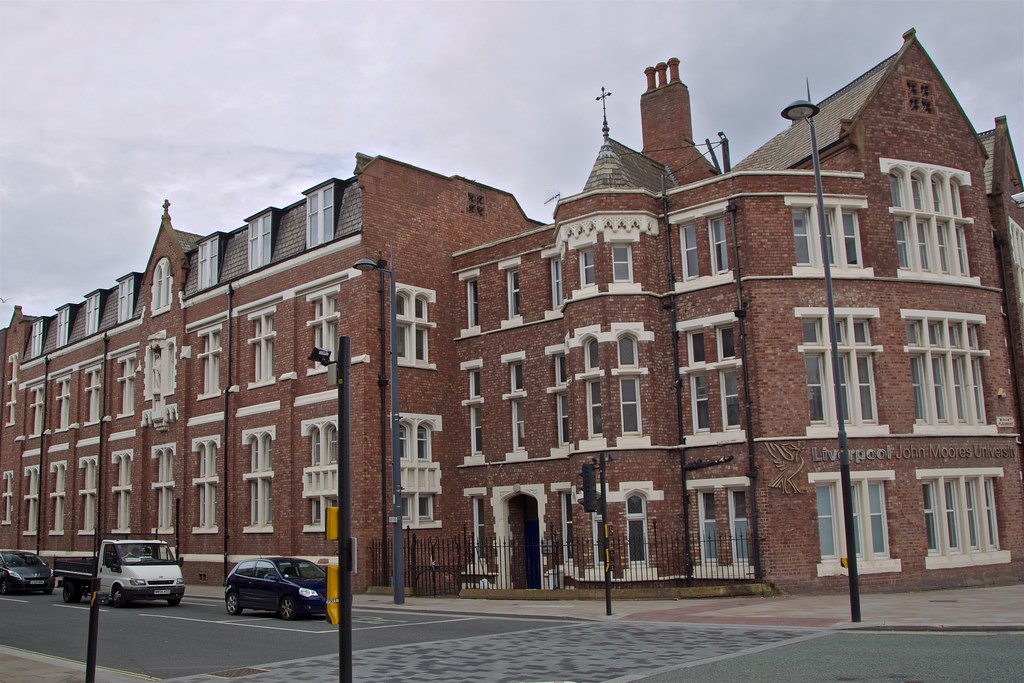Student Life in Liverpool: A Comprehensive Guide to Living Costs

Strong 8k brings an ultra-HD IPTV experience to your living room and your pocket.
Liverpool, a vibrant and culturally rich city in the UK, is renowned for its music heritage, football clubs, and lively student scene. With over 70,000 students, it is one of the most popular student cities in the UK. Whether you are drawn to its bustling nightlife, historic landmarks, or the friendly atmosphere, Liverpool offers an unbeatable experience for students. However, managing your budget effectively is crucial to making the most of your time here. In this article, we will delve into the various aspects of living costs in Liverpool, with a particular focus on Liverpool student homes.
1. Accommodation Costs
Finding the right place to live is one of the most important decisions you will make as a student. Liverpool offers a variety of accommodation options, ranging from university halls to private rentals.
• University Halls: University accommodation is a popular choice for many students due to its convenience and affordability. Prices can vary depending on the type of room and facilities provided. On average, university halls cost between £620 and £1,100 per month. These accommodations often include utilities such as electricity, gas, water, and Wi-Fi, making budgeting easier.
• Private Accommodation: For those seeking more independence, Liverpool student homes are a viable option. According to data from uhomes.com, the average cost for Liverpool student homes ranges from £90 to £200 per week, with all bills included.
• Student Accommodation in Liverpool: Purpose-built student accommodations(PBSAs)like Borden Court, X1 Arndale, and Queensland Place offer a blend of affordability and convenience. These accommodations are explicitly designed for students, providing modern facilities and a sense of community. Prices for PBSAs typically range from £80 to £200 per week, depending on the location and amenities.
2. Food and Groceries
Liverpool boasts a diverse culinary scene, offering a wide range of dining options to suit different budgets and tastes. Eating out at a mid-range restaurant can cost around £ 15- £ 25 per person for a main course, excluding drinks. For a more budget-friendly option, there are various affordable eateries, street food stalls, and fast-food chains where you can enjoy a meal for £ 5- £ 10.
To save money, consider cooking at home. Groceries can be purchased from local supermarkets, with an average weekly cost of £ 50- £ 60. By planning your meals and buying in bulk, you can significantly reduce your food expenses.
3. Transportation
Getting around Liverpool is relatively easy and affordable. The city offers a well-connected public transport network, including buses, trains, and taxis.
• Buses: Liverpool’s bus network is operated by companies like Arriva and Stagecoach. A single trip costs around £ 2.50, but students can save money by purchasing weekly or monthly passes.
• Trains: Liverpool Lime Street is the primary railway station, offering regular services to destinations across the UK. A single trip can cost around £ 4.50, depending on the distance.
• Bikes: Liverpool is a bike-friendly city with designated cycling paths. The city’s bike hire scheme, City Bike, offers rental fares starting at around £ 1 per 30 minutes.
4. Entertainment and Socialising
Liverpool is famous for its vibrant nightlife, with numerous bars, clubs, and music venues. Socialising and entertainment can be a significant part of your student experience, but it’s essential to budget for these expenses. On average, students spend between £50 and £200 per month on entertainment, depending on their lifestyle and preferences.
To save money, take advantage of student discounts and free events. Many venues offer special deals for students, and the city frequently hosts free cultural events and activities.
5. Other Expenses
Other monthly expenses for students in Liverpool include:
• Mobile Phone Bill:£15-£50 per month
• Television Licence:£14.12 per month(or a one-time payment of£169.50 for the full year)
• Study Costs:£10-£30 per month for books, photocopying, etc.
• Gym Membership:£20 per month(based on the University Sports Centre)
6. Tips for Saving Money
Living in Liverpool can be affordable with the proper planning. Here are some tips to help you manage your budget:
• Share Accommodation: Living with friends or finding a double occupancy room can help you cut costs. Accommodation fees will also be cheaper further away from the city centre.
• Cook at Home: Eating out frequently can be expensive. Try to cook at home as much as possible to save money.
• Use Public Transport: Take advantage of student discounts and weekly/monthly passes to save on transportation costs.
• Explore Free Activities: Liverpool offers a wealth of free cultural events, parks, and attractions. Make the most of these opportunities to enjoy the city without breaking the bank.
Conclusion
Liverpool is a fantastic city for students, offering a rich cultural experience, affordable living costs, and a welcoming atmosphere. By understanding the various expenses and planning your budget carefully, you can make the most of your time here. Whether you choose university halls, private rentals, or purpose-built student accommodations, Liverpool has something to offer every student. Embrace the city’s vibrant spirit, explore its historic landmarks, and enjoy the unique student experience that Liverpool has to offer.
Note: IndiBlogHub features both user-submitted and editorial content. We do not verify third-party contributions. Read our Disclaimer and Privacy Policyfor details.







